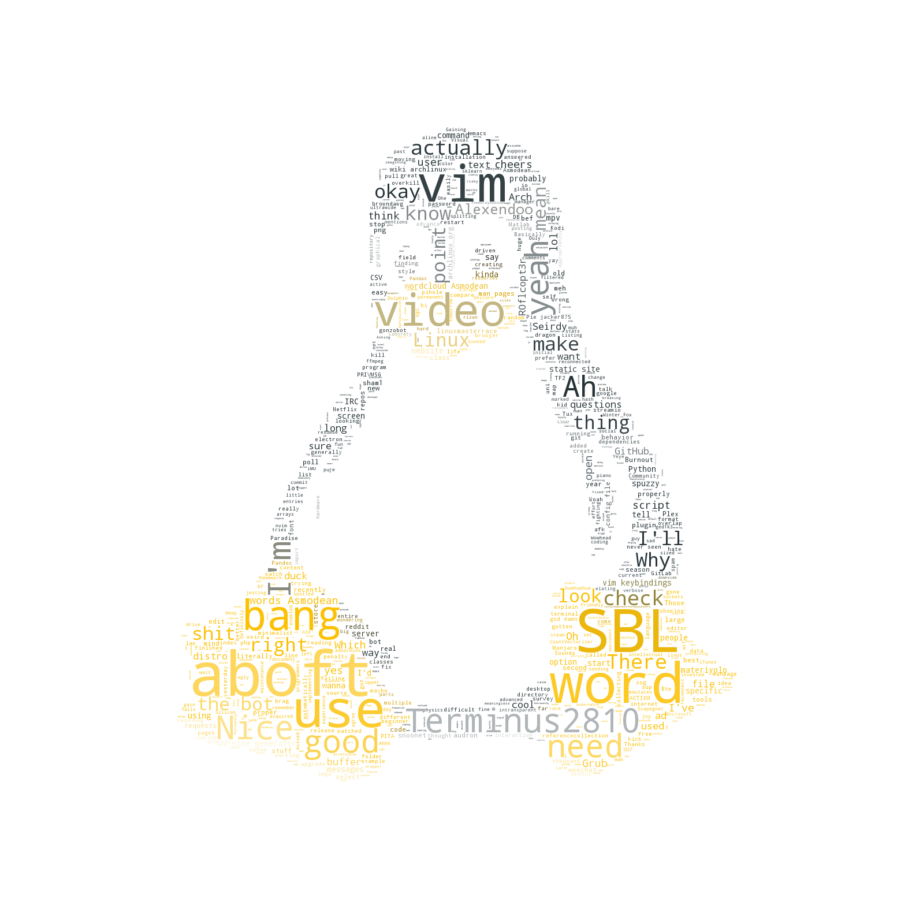Small bloated IRC bot 🤖
Tested with irc.snoonet.org
- Automatic reconnect on connection loss
- Live injection of new responses at runtime
- Persistent user database
- Variable command prefix
- Easy new command addition
- As simple as creating a new subclass in
command.py
- As simple as creating a new subclass in
- Many built-in commands
- Dynamic overly-long message splitting (Thanks primitve IRC protocol)
Start it once on your server and use the commands within your IRC client.
./start.py
Configure settings (nick, server, channel, command prefix, etc.) in .env.
(This file isn't read but the environment variables must be set. Source them via e.g. export $(cat .env | xargs).)
\help
\cmds
\about
\uptime
\date
\time
\sentiment <text>|<user>
\lastmessage <user>
\words <user>
\wordcloud <user>
...
Only the last 1000 messages of users are stored. This parameter can be changed.
# Prepare
docker pull ghcr.io/lolei/ircbot:<tag>
# or
docker build -f Containerfile . -t ghcr.io/lolei/ircbot:<tag>
# Run
docker run --env-file .env.local -v $(pwd)/storage:/app/storage ghcr.io/lolei/ircbot:<tag>The bot can either be run from the git repo itself, as a container with e.g. docker or docker-compose, or within Kubernetes.
It has been deployed for a long time (> 1 year) on a Raspberry Pi (therefore it works on ARM, which is made sure by some version requirements),
and it is currently deployed on Kubernetes. (See k8s/)
